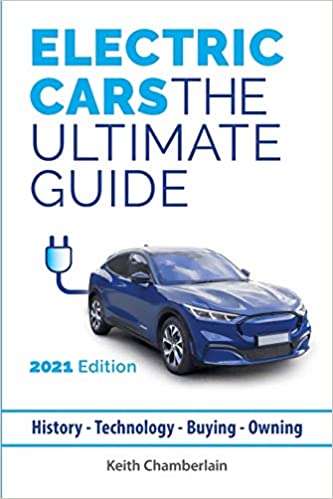Download Thid PDF Book : Machine Learning with Python Cookbook: Practical Solutions from Preprocessing to Deep Learning 1st Edition by Chris Albon, for free.
This practical guide provides nearly 200 self-contained recipes to help you solve machine learning challenges you may encounter in your daily work.
If you’re comfortable with Python and its libraries, including pandas and scikit-learn, you’ll be able to address specific problems such as loading data, handling text or numerical data, model selection, and dimensionality reduction and many other topics.
Each recipe includes code that you can copy and paste into a toy dataset to ensure that it actually works. From there, you can insert, combine, or adapt the code to help construct your application. Recipes also include a discussion that explains the solution and provides meaningful context.
This cookbook takes you beyond theory and concepts by providing the nuts and bolts you need to construct working machine learning applications.
You’ll find recipes for:
Vectors, matrices, and arrays
Handling numerical and categorical data, text, images, and dates and times
Dimensionality reduction using feature extraction or feature selection
Model evaluation and selection
Linear and logical regression, trees and forests, and k-nearest neighbors
Support vector machines (SVM), naïve Bayes, clustering, and neural networks
Saving and loading trained models
From the Preface
Over the last few years machine learning has become embedded in a wide variety of day-to-day business, nonprofit, and government operations. As the popularity of machine learning increased, a cottage industry of high-quality literature that taught applied machine learning to practitioners developed. This literature has been highly successful in training an entire generation of data scientists and machine learning engineers.
This literature also approached the topic of machine learning from the perspective of providing a learning resource to teach an individual what machine learning is and how it works.
However, while fruitful, this approach left out a different perspective on the topic: the nuts and bolts of doing machine learning day to day.
That is the motivation of this book—not as a tome of machine learning knowledge for the student but as a wrench for the professional, to sit with dog-eared pages on desks ready to solve the practical day-to-day problems of a machine learning practitioner.
More specifically, the book takes a task-based approach to machine learning, with almost 200 self-contained solutions (you can copy and paste the code and it’ll run) for the most common tasks a data scientist or machine learning engineer building a model will run into.
The ultimate goal is for the book to be a reference for people building real machine learning systems. For example, imagine a reader has a JSON file containing 1,000 categorical and numerical features with missing data and categorical target vectors with imbalanced classes, and wants an interpretable model.
Who This Book Is For
This book is not an introduction to machine learning. If you are not comfortable with the basic concepts of machine learning or have never spent time learning machine learning, do not buy this book.
Instead, this book is for the machine learning practitioner who, while comfortable with the theory and concepts of machine learning, would benefit from a quick reference containing code to solve challenges he runs into working on machine learning on an everyday basis.
This book assumes the reader is comfortable with the Python programming language and package management.
Who This Book Is Not For
As stated previously, this book is not an introduction to machine learning. This book should not be your first.
If you are unfamiliar with concepts like cross-validation, random forest, and gradient descent, you will likely not benefit from this book as much as one of the many high-quality texts specifically designed to introduce you to the topic.
I recommend reading one of those books and then coming back to this book to learn working, practical solutions for machine learning.
About the Author
Chris Albon is data scientist with a Ph.D. in quantitative political science and a decade of experience working in statistical learning, artificial intelligence, and software engineering.
He founded New Knowledge, an artificial intelligence company, and previously worked for the crisis and humanitarian non-profit, Ushahidi. Chris also founded and co-hosts of the data science podcast, Partially Derivative.
Contents:
1. Vectors, Matrices, and Arrays
2. Loading Data
3. Data Wrangling
4. Handling Numerical Data
5. Handling Categorical Data
6. Handling Text
7. Handling Dates and Times
8. Handling Images
9. Dimensionality Reduction Using Feature Extraction
10. Dimensionality Reduction Using Feature Selection
11. Model Evaluation
12. Model Selection
14. Trees and Forests
15. K-Nearest Neighbors
16. Logistic Regression
17. Support Vector Machines
18. Naive Bayes
19. Clustering
20. Neural Networks
21. Saving and Loading Trained Models
About The Book:
Publisher : O'Reilly Media; 1st edition (April 17, 2018)
Language : English
Pages : 366
File : PDF, 4.59 MB
Free Download the Book: Machine Learning with Python Cookbook: Practical Solutions from Preprocessing to Deep Learning
PS: Share the link with your friends
If the Download link is not working, kindly drop a comment below, so we'll update the download link for you.
Happy downloading!







